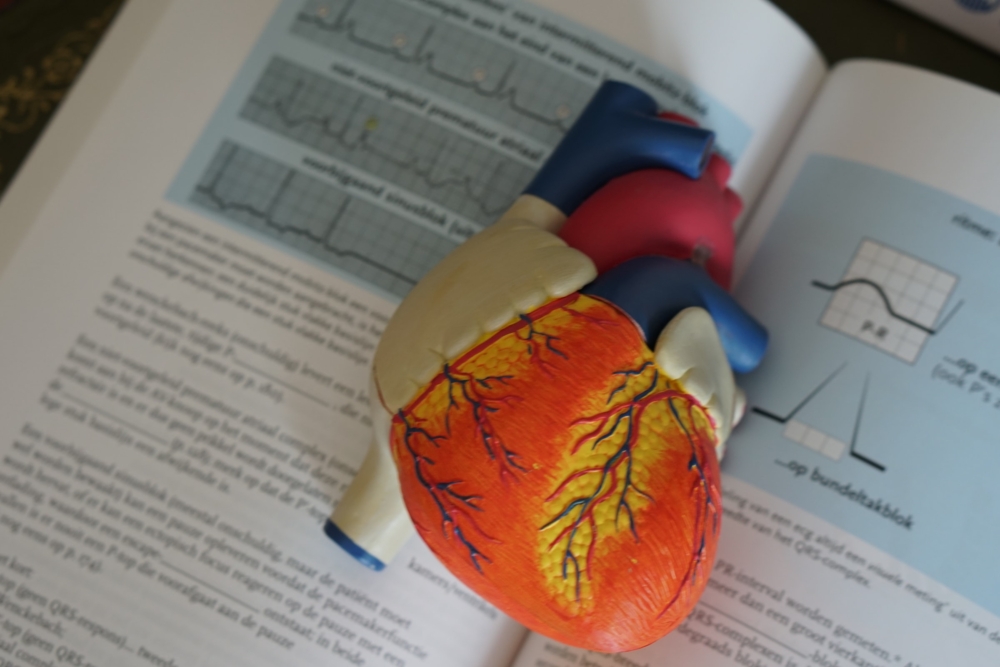 Damar Hamlin and Your Heart
Damar Hamlin and Your Heart
By Ari Pollack MD
Fairfield CT
Cover Photo by Robina Weermeijer
During a recent NFL football game between the Cincinnati Bengals and Buffalo Bills, Damar Hamlin of the Buffalo Bills tackled an opposing player and in doing so, appeared to have suffered blunt trauma to his chest. He stood up and then collapsed back to the ground. Hamlin went into cardiac arrest and was administered CPR by the medical personnel who rushed to his side having identified very early, and critically so, that Hamlin had suffered a serious medical emergency.
Although we don’t know the exact cause of the events that transpired, we did see Hamlin stand up at first, then suddenly collapse. Since the event occurred after trauma to the chest, it made me think of commotio cords which is a rare and potentially deadly disruption of the normal heart rhythm that occurs as a result of a blow to the chest at a vulnerable time during the cycle of a heart beat, the window of which ranges from 20 to 40 milliseconds when the heart is relaxing. The disruption of normal electrical activity of the heart, followed by ventricular fibrillation leads to complete disorganization of the heart’s pumping function followed by cardiac arrest.
Commotion cordis is extremely rare, but has been described in young males playing sports such as hockey or baseball who are in the receiving end of trauma to the chest. The most important thing in this scenario is immediate recognition. Having a well functioning team of medical professionals ready to get on to the field, with access to and familiarity using an automated external defibrillator (AED) saved Damar Hamlin’s life.
It is a well described phenomenon that the sooner CPR starts and the AED is utilized in these type of situations, the better the outcome. Mr. Hamlin had the benefit of being a professional athlete with onsite medical professionals ready to intervene. While the risk of this specific entity is extremely small, recognition is critical, especially when considering amateur sporting events where trained medical professionals may not be present.
It’s incumbent to encourage everyone to learn basic CPR and to make certain we have AEDs placed strategically in our communities.

